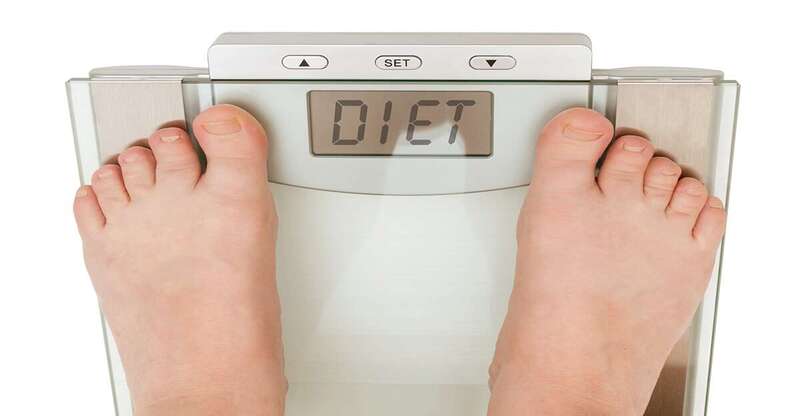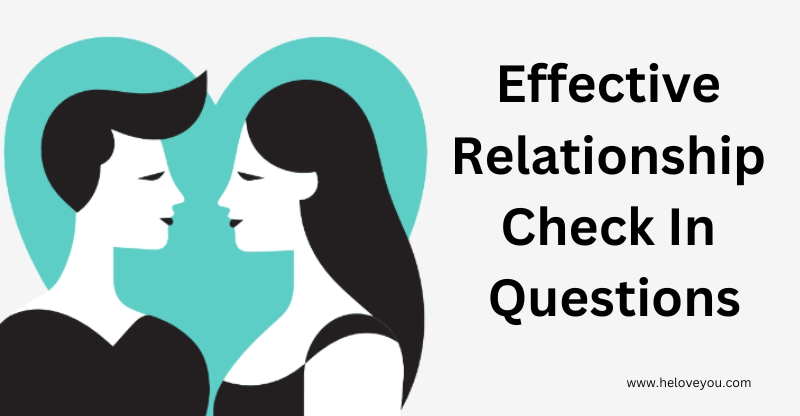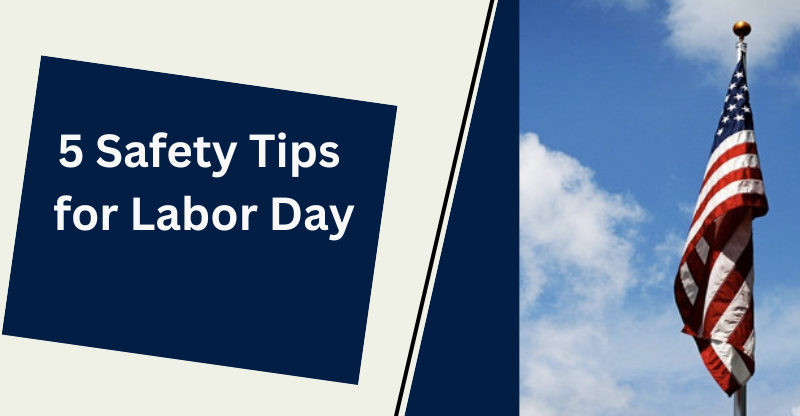8 Symptoms You aren’t Eating Enough
8 Symptoms You aren’t Eating Enough, It can be difficult to reach and maintain a healthy weight, particularly in today’s environment when food is always readily available.
However, cutting calories can also be a problem, whether it’s as a result of purposeful food limitation, diminished appetite, or other factors.
In reality, regularly disordered eating habits can result in a variety of problems with your psychological, physical, and emotional health. These nine indicators show you’re not eating enough.
Low Levels of Energy
You’ll probably feel exhausted most of the time if you don’t consume enough calories.
In general, if you consume more calories than you require, the majority of the extra calories will be stored as fat. You will lose weight if you consume fewer calories than you require.
Since you aren’t consuming enough calories to maintain your essential bodily functions, restricting consumption to less than 1,000 calories per day will slow down your metabolism and cause weariness.
Particularly among older persons, whose food consumption may decline due to diminished appetite, eating almost nothing has been associated with low energy levels.
Hair Fall
Hair loss can be very upsetting. A few hair strands should fall out every day. However, if you notice more hair building up in your washroom drain or hairbrush, it can mean you’re not getting enough to eat.
For regular, healthy hair growth to continue, numerous nutrients are required.
Hair loss is frequently brought on by insufficient consumption of calories, protein, biotin, iron, and other minerals.
Essentially, your body will prioritize the health of your heart, brain, and other organs over hair development when you don’t consume sufficient calories and essential nutrients.
Continuous Hunger
One of the more blatant indications that you’re not consuming sufficient calories is that you’re constantly hungry.
Studies show that excessive calorie restriction increases desire and food appetites because it alters the hormone levels that regulate hunger and satisfaction.
In humans, the calorie restriction can make people feel hungry and have cravings for food, regardless of their weight.
Furthermore, it has been demonstrated that reduced calorie consumption boosts the production of cortisol, a stress hormone associated with increased hunger and abdominal fat. Basically, your body will indicate to you to eat if your calorie intake decreases too much to prevent possible hunger.
Problems Trying to Conceive
It’s possible that undereating will prevent a woman from getting pregnant. Your brain’s pituitary and hypothalamus cooperate to promote hormone levels, including women’s healthcare. Your body sends signals to the hypothalamus informing it when hormonal changes need to be changed.
The hypothalamus generates chemicals that either encourage or prevent the production of estrogen, progesterone, and other hormones. According to research, this intricate system is susceptible to variations in caloric intake and body weight.
Make sure to eat a well-balanced, sufficient-calorie diet if you’re trying to get pregnant to ensure normal hormonal function and healthy pregnancy. Low-calorie intake can mess with the signals that reproductive hormones send, making it more difficult to get pregnant.
Sleep Disorders
Numerous studies have demonstrated a link between sleep deprivation and weight growth as well as insulin resistance. Additionally, it indicates that rigorous diets can contribute to sleep issues, just as overeating may make it harder to sleep.
Research on animals as well as humans have demonstrated that calorie restriction at the level of starving causes sleep disturbances and a decrease in slow-wave sleep, also referred to as deep sleep.
The inability to go sleep or wake up without being hungry are both clear symptoms that you aren’t eating enough. Poor sleep quality, including difficulty falling asleep and shortening of deep sleep periods, has been associated with restricting calories.
Mood swings
It can be related to not eating enough if small things start irritating you.
Young males who underwent calorie restriction did, in fact, encounter a number of problems, including irritation.
Don’t let your calorie intake get too low in order to maintain a stable mood. Anger and moodiness have been connected to long-term reduced calorie intake and restrictive eating habits.
Coldness All the Time
Not eating sufficient food could be the reason you’re always hungry. In order to generate heat and keep your body at a normal, constant temperature, your body must expend a specific amount of calories each day.
In fact, it has been demonstrated that even modest calorie restriction lowers the body’s core temperature. The more calories you drastically restrict, the colder you’ll probably feel.
A drop in body temperature might result from eating insufficient calories.
Constipation
A low-calorie intake may be the cause of infrequent bowel motions. This shouldn’t come as a surprise because eating minimal meals will leave your digestive system with less waste.
Fewer than three bowel motions per week or tiny, firm stools that are challenging to pass are common symptoms of constipation. 8 Symptoms You aren’t Eating Enough.
Due to a reduced metabolic rate, dieting and consuming too little food can also make younger people constipated. It’s crucial to examine your food intake and determine whether you’re receiving enough if you’re experiencing issues with consistency.
Constipation can result from strict dieting and under-eating, in part because there is less waste material available to make stools, and food moves more slowly through the digestive system.







